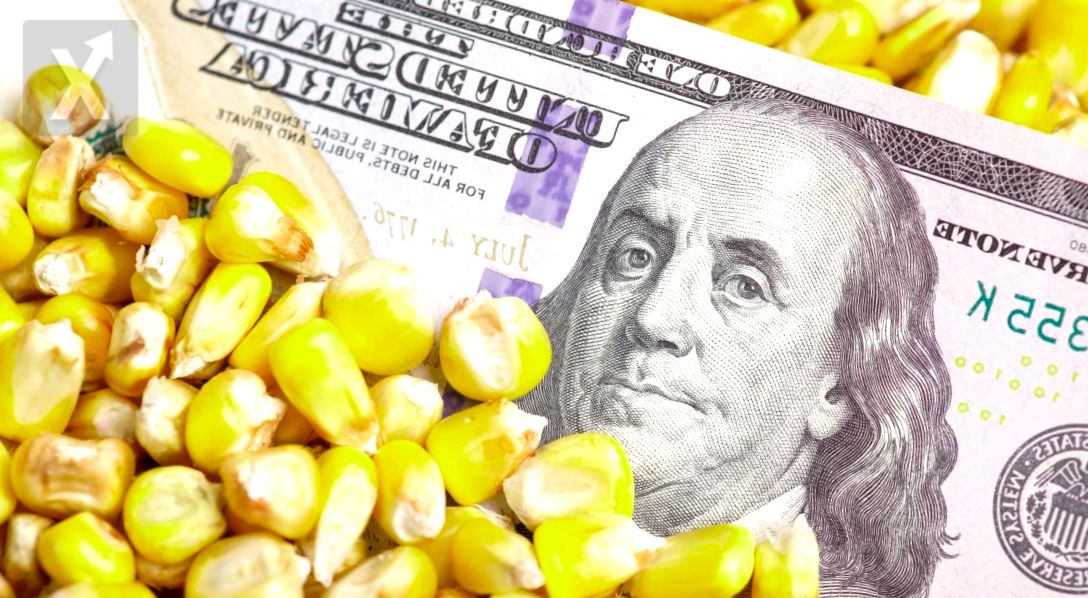Drop in Global Food Prices: FAO Analysis for 2024

(PARIS) - In 2024, global food costs have decreased by 2.1% compared to the previous year, according to the FAO. This decline is mainly attributed to falling international prices for grains and sugar, where the price index from this UN organization reported a drop of 13.3% for grains and 13.2% for sugar during the same period.
The decrease in sugar prices is mainly explained by a "record level of exports from Brazil during the year" and "favorable global supply outlooks for the 2024-2025 harvest." However, this reduction in global prices has been somewhat offset by increases in the costs of vegetable oils (+9.4%), dairy products (4.7%, especially butter), and meat (2.7%). Grain prices, particularly wheat, saw a significant spike following Russia's invasion of Ukraine in early 2022, but since then, they have plummeted back to pre-crisis levels in international markets. In December 2024, wheat export figures generally remained stable. "Downward pressure from weak international demand and increased harvests in Argentina and Australia was countered by upward pressures due to poor weather conditions in Russia," the FAO's monthly report details. On the other hand, global corn prices edged up slightly due to a small increase in exports and tighter supply in the United States, along with high demand for Ukrainian products. Among the few secondary cereals, barley prices increased while sorghum prices saw a drop. In December, rice prices fell slightly (-1.2%) due to a "decline in demand" for aromatic rice, although they increased a bit compared to the previous year (+0.8%), driven mainly by imports from several Asian countries during the first nine months of 2024. Finally, oil prices remained high, despite a slight dip in December, primarily due to palm oil in the context of "tightening global supply."
The decrease in global food prices may provide temporary relief to inflation in Mexico, although it is crucial to consider other variables that could impact the domestic economy, such as demand and local production costs. Monitoring the international market and agricultural policies is vital to ensuring economic stability in the country.





